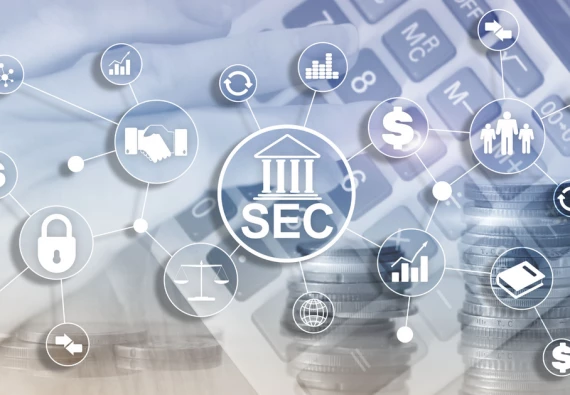Congress is expected to pass a $900 billion Covid-19 relief bill before the holidays. The bill will include financial assistance for individuals and households, as well as businesses.
The full text of the proposed 5,593-page bill can be found here. The House will likely pass the bill on Monday night, with the Senate likely to approve on Tuesday morning. President Trump has indicated that he will sign the bill.
Some key highlights of the bill below:
For Individuals and Households
- Second round of stimulus checks. Households would get $600 per adult and $600 per dependent, as opposed to $1,200 and $500, respectively, in the first stimulus checks.
- Payments based on 2019 income. Phasing out begins for individuals with adjusted gross incomes (AGIs) over $75,000 and married couples over $150,000. Stimulus checks will be phased out completely for individuals with AGIs over $87,000 and married couples with AGIs over $174,000.
- Workers will be eligible for $300/week federal unemployment aid. Similar to the first stimulus bill, "gig" workers otherwise ineligible to receive unemployment at the state level will still be eligible to receive aid. The unemployment aid will last through March 14th, 2021 (11 weeks).
- $25 billion in rental assistance to tenants who are late on payments. The bill also extends federal eviction moratorium until end of January 2021, which the Biden administration may extend again.
For Businesses
- $284 billion in new round of PPP loans. Expanded eligibility for certain nonprofits and local newspapers, TV and media stations.
- Expenses paid with PPP loans will be tax deductible (reversing prior IRS decision earlier this year).
- $20 billion in new round of Economical Injury Disaster Loans (EIDL).
- $15 billion to support live music venues, theaters, museums and cultural institutions that have experienced significant loss of revenue due to the pandemic.
- $12 billion support for small lenders serving low-income and minority communities (community financial development institutions).
- Meals may be deducted as business expense for two years.
More details to be finalized, including the exact terms of the new PPP loans, whether it will affect forgiveness under the original PPP loans, and whether Congress will reverse the SBA's decision to reduce borrowers' PPP loan forgiveness amounts by their EIDL advances.
DISCLAIMER: The subject matter discussed above is constantly evolving and may change on a frequent basis. The information contained in this post is for general education and informational purposes only.





